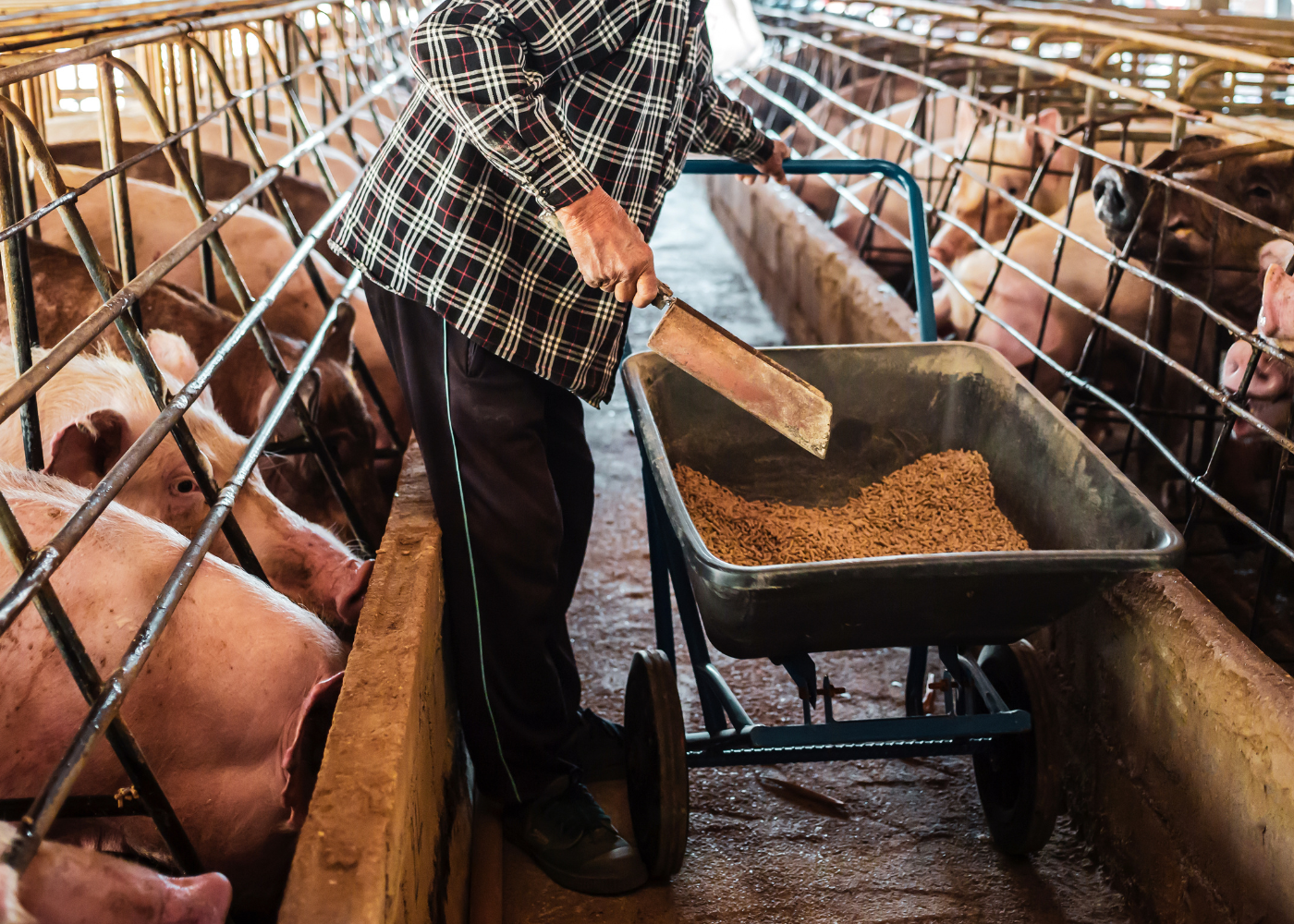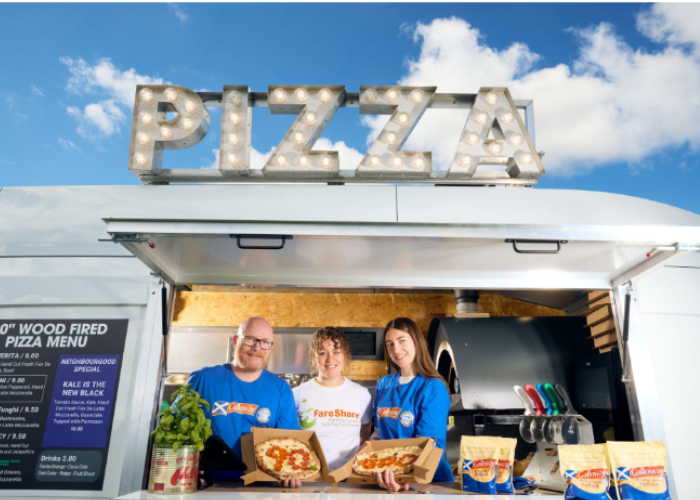BUSINESS innovation spending on food and drink manufacturing has grown by 13% to reach £800 million, according to analysis of new Government statistics by Ryan, a leading global tax services and software provider.
The data, released last week, is captured by HMRC and is based on claims made for research and development (R&D) tax relief, which incentivises businesses to undertake innovation.
Companies spent £800 million on food and drink R&D in 2021/22, an increase of 12.7% from £710 million in 2020/21. Despite this rise in expenditure, the number of R&D tax relief claims made by the sector fell by 1.4% from 2,095 to 2,065. In total, claims of £120 million in R&D tax relief were made for food and drink manufacturing, with an average claim value of £58,111.
The food and drink sector’s spending performance was better than UK industry as a whole. Total R&D spending by UK businesses rose by 8% to £44.1 billion in 2021/22. However, the number of first-time claimants has fallen for the second year running.
Subscribe to our daily newsletter
Why? Free to subscribe, no paywall, daily business news digest.
Nigel Holmes, Director, Research and Development at Ryan, said: “Food and drink manufacturers may be grappling with rising prices, but they continue to be incredibly innovative. The sector is taking great strides to develop new technologies to produce innovative and novel products to meet market demands and improve sustainability in the industry.
“While it is great to see year-on-year increases in innovation spending, it is vital for the UK economy that this does not go into reverse gear. It is therefore concerning to see that the number of overall claimants for R&D tax relief has fallen for the second year running. This suggests that some companies may be nervous about claiming as a result of HMRC’s recent crackdown on fraud and error.
“While it is important for the credibility and robustness of the scheme that fraud and error are eliminated, HMRC’s approach may be starting to have a chilling effect on businesses. There is a risk that if companies do not feel it is worth claiming because they are nervous about the response from HMRC, they may be deterred from innovation altogether.”

















